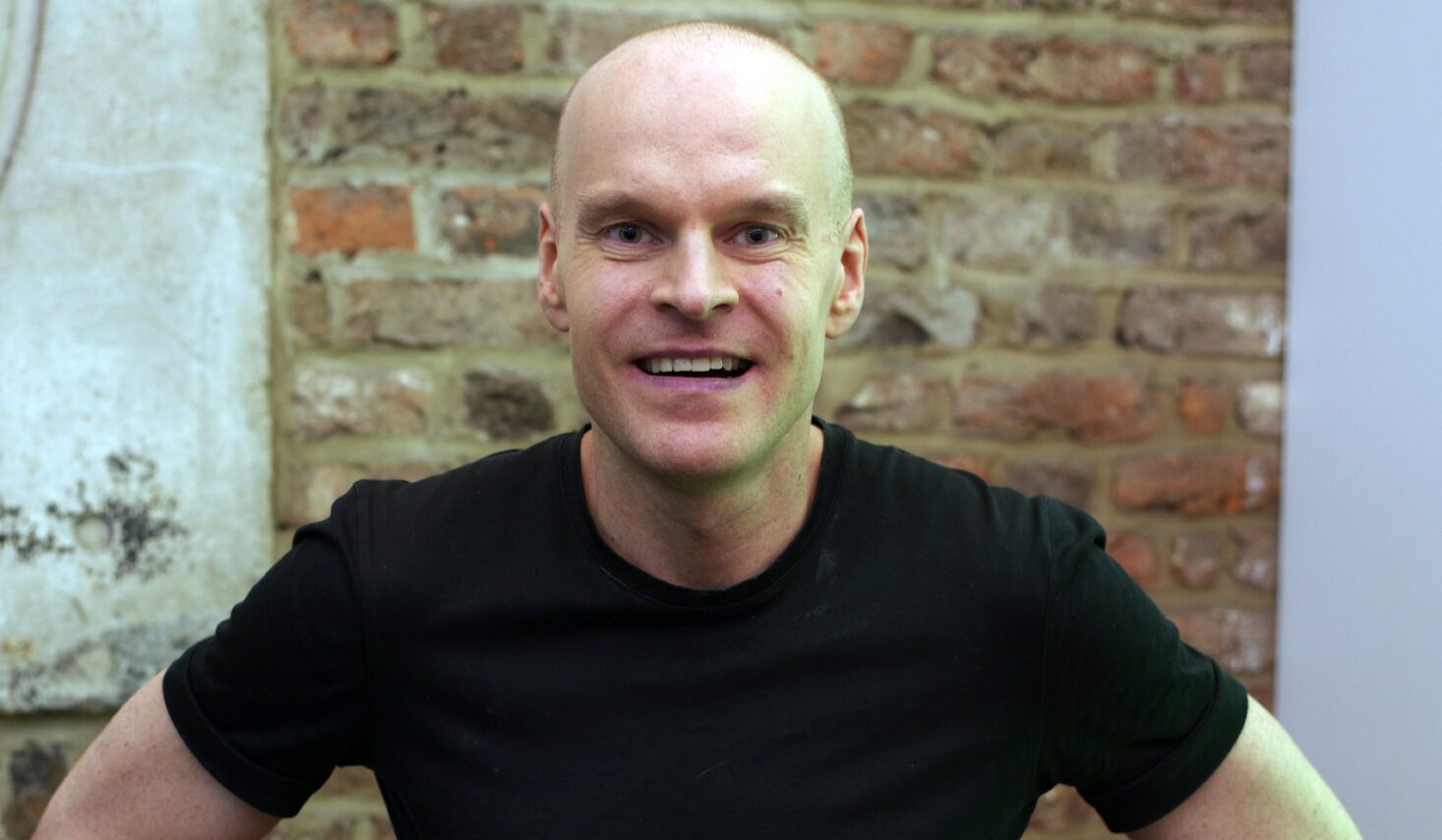
The 18th January marks 13 years since my HIV diagnosis. It feels strange writing that sentence, as even now my diagnosis does not seem that long ago. You see, I’ve always seen myself as part of that generation diagnosed well after the introduction of antiretroviral treatments in 1996. Only at a World AIDS Day event last year, speaking to someone diagnosed in 2021, did it fully dawn on me how different my experiences in 2010 were to their experiences now.
2010 was a completely different era politically, socially and in terms of HIV prevention, treatment and care. To select three major changes, people living with HIV now commence treatment as soon as they are diagnosed, Pre-Exposure Prophylaxis (PrEP) emerged around 2014/2015 and then we learned about the science surrounding “Undetectable equals Untansmittable” or “U=U”. I know that I can’t pass HIV on to my sexual partners, which is empowering. This was a crippling source of anxiety for me when first diagnosed.
The world is in constant change, and this can sometimes be frightening. I find myself having to adapt and reinvent aspects of my life, which I did not imagine a decade ago. Things will probably never be like they were before coronavirus, but there will be benefits to this as well as downsides. At times, all this can be more difficult as a person living with HIV.
Over the past year we have again seen a flood of new developments around HIV. HIV diagnoses continued to fall, with the drop in diagnoses in gay and bi men particularly accentuated. In 2021, approximately 2,692 people were diagnosed with HIV in England. Back in 2010, I was one of close to 6,000 people diagnosed with HIV. In 2015, gay and bi men accounted for around half of all HIV diagnoses, but in 2021 gay and bi men represented just 36%.
In 2022, we had the introduction of opt-out testing in emergency departments in London, Manchester and Brighton, areas where HIV prevalence is highest. There was an increase in diagnoses in heterosexuals, often in individuals previously considered low risk and who have not been targeted in HIV prevention measures. A major goal for 2023 and beyond has to be how we roll out this testing for all blood-borne viruses nationally.
Despite the successful introduction of opt-out testing, and whilst gay and bi men continued to test for HIV during the lockdown, overall testing declined in other groups. With the changing demographics in terms of HIV diagnoses, it is evident that still more needs to be done to reach straight people. This poses challenges for government, charities and activists. National HIV Testing Week commences on 6 February and whatever your sexual orientation or gender identity, I encourage you to test.
There was a major change in 2022 in the way that some people living with HIV take their HIV medication. Injectable HIV therapies became available for eligible people, typically administered every eight weeks in the clinic. It is hoped that, going forwards, these injectable therapies will be longer acting and self-administrable at home. Some people living with HIV dislike the daily reminder of taking tablets, so the injectable treatments offer a powerful alternative.
2022 was also supposed to be the year of dramatic shift in access to PrEP, becoming available from sexual health clinics across England (although not from GPs or community pharmacists) without the constraints posed by lockdown measures. Access has improved, but extensive waiting lists have been reported and, sadly, some people became positive while waiting to be prescribed the prophylactic.
Whereas much has changed surrounding HIV, the stigma remains rampant. Terrence Higgins Trust released an important study on World AIDS Day, including that 74% of people living with HIV have experienced stigma or discrimination due to their status. There is currently a fascinating storyline in EastEnders, the soap consulting with THT, which ties together a number of the changes around HIV which I’ve described, with a straight man living in London receiving an HIV diagnosis and coming to terms with varying levels of awareness and stigma.
In comparison with 2010, the situation surrounding HIV has dramatically improved and we have also become more ambitious. If these trends continue, we should be able to end new HIV transmissions in the UK by 2030 or earlier. Every person living with HIV faces challenges though, some shared and others unique, and we cannot be complacent.
If you are free on the 18th March show solidarity, by joining the march, vigil and rally to fight stigma.
Click here to find out more about the services offered by THT.


